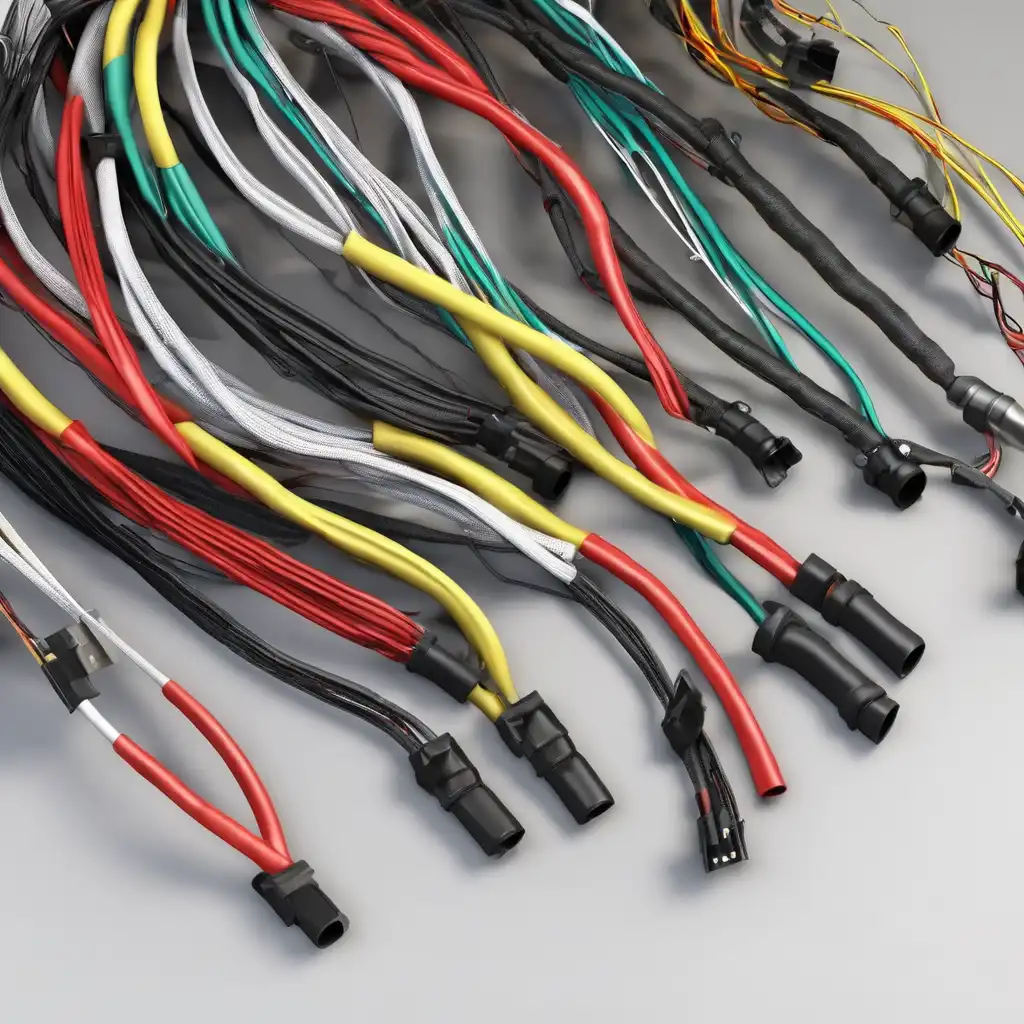In the high-stakes world of automotive engineering, the wire used in a car’s electrical harness is a critical decision that can impact the vehicle’s overall performance, reliability, and safety. As the lifeblood of a car’s electronic systems, the wires within the harness must be carefully selected to meet the unique demands of the automotive environment, ensuring seamless operation and optimal functionality.
In this article, we will delve into the world of automotive wire and explore the key factors that make certain wire types the perfect choice for a car harness.
The Unique Challenges of the Automotive Environment:
Designing a car harness is no easy feat, as it must withstand a variety of environmental and operational challenges that go far beyond the demands faced by traditional electrical systems. From extreme temperature fluctuations and exposure to corrosive elements to the constant vibrations and shocks experienced during driving, the wires in an automotive harness must be engineered to thrive in these harsh conditions.
Conventional household or industrial wiring won’t cut it, as they lack the specialized features and robust construction required to endure the rigours of the automotive environment. This is where the expertise of leading wire manufacturers comes into play, leveraging advanced materials and innovative design techniques to create wire solutions specifically tailored to the unique needs of the automotive industry.

The Key Characteristics of Automotive Wire:
When it comes to selecting the ideal wire for a car harness, several critical characteristics must be taken into consideration:
Temperature Resistance: Automotive wires must withstand a wide range of temperatures, from the scorching heat of an engine compartment to the frigid cold of a winter climate. High-performance insulation and conductor materials are essential to maintain the wire’s integrity and functionality across these extreme temperature ranges.
Flexibility and Durability: A vehicle’s electrical system’s constant vibrations and flexing demand wires that can bend and twist without compromising their structural integrity. Automotive cables are engineered with flexible strands and reinforced insulation to ensure they can withstand the rigours of the road without breaking or becoming compromised.
Resistance to Chemicals and Contaminants:Automotive wires must withstand exposure to various chemicals and contaminants, including engine oil, coolant, and road grime. Specialized coatings and shielding materials protect the cables from these corrosive elements, preserving their functionality and reliability.
Electromagnetic Interference(EMI)Shielding: In the modern connected car, where advanced electronic systems and high-speed data networks are the norm, the ability to shield against electromagnetic interference is crucial. Automotive wires are often equipped with specialized shielding layers to prevent signal disruption and ensure the reliable operation of sensitive electronic components.
Space-Efficient Design: Automotive harnesses must maximize available space within a vehicle, often requiring wires with a compact and streamlined profile. Manufacturers of automotive wire prioritize innovative design techniques to create thinner, more flexible cables that can be routed and bundled efficiently without compromising performance.
The Importance of Quality and Consistency:
Quality and consistency are paramount when it comes to the wires used in a car harness. Automotive manufacturers and aftermarket suppliers demand wire solutions that meet rigorous industry standards and provide reliable, long-lasting performance throughout the vehicle’s life.
What kind of wire do you use for a car harness? Any wire that fulfils the characteristics mentioned above of automotive cables can be used. We are a professional manufacturer of automotive wires and special cables. We have a strong R&D team and automated production lines, and we can provide customers with professional automotive wire solutions and fast delivery. If you need automotive wires, you are welcome to contact TESTECK.



